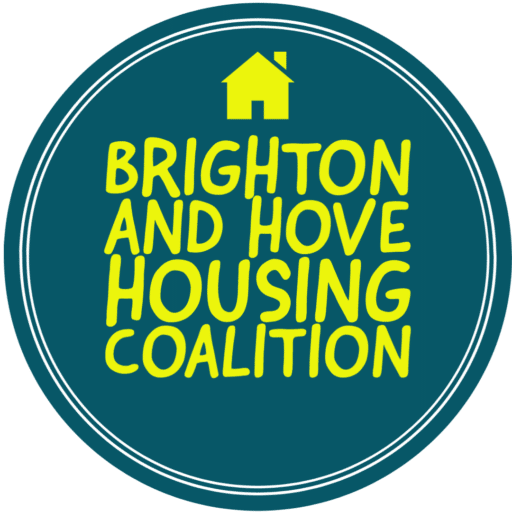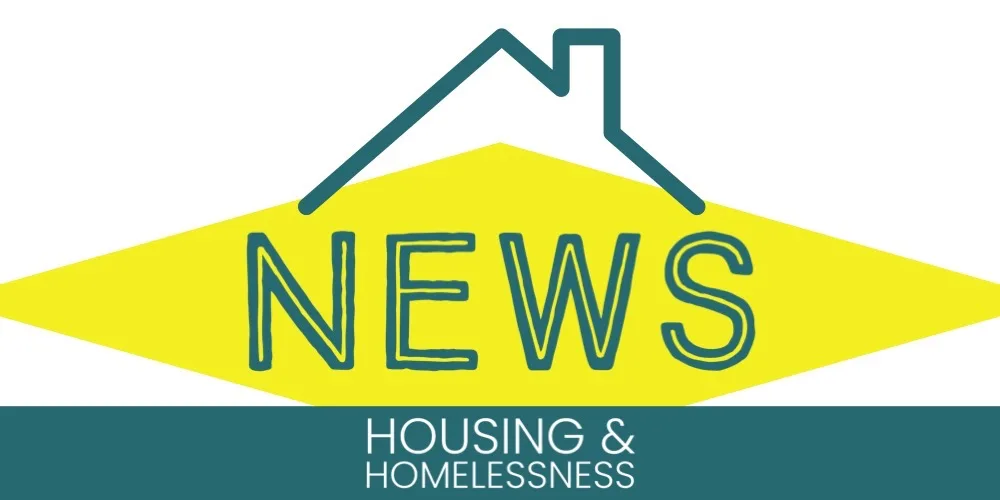What is The Emergency Accommodation Charter?
The Emergency Accommodation Charter is a document that outlines expectations, commitments, and aspirations for providing reasonable standards of accommodation to homeless households placed in emergency accommodation in Brighton & Hove. It aims to ensure that individuals experiencing homelessness receive adequate support and have access to safe and healthy living conditions during their stay in emergency accommodation.
The charter calls for a collaborative approach between the Local Authority, emergency accommodation providers, and support services to minimise the duration of stay in emergency accommodation and facilitate the transition towards long-term housing and necessary support services. It emphasises the importance of providing clear information to residents about their rights, responsibilities, and available support, as well as establishing channels for addressing concerns and complaints.
Additionally, the charter sets expectations for emergency accommodation providers to maintain the properties at a reasonable standard consistently, promote respect and empathy towards residents, adhere to health and safety standards, engage in regular contract monitoring, and provide appropriate training for staff regarding safeguarding, multiple complex needs awareness, trauma-informed care, and psychologically informed environments.
The charter also addresses various aspects of accommodation, including health and safety, safeguarding of children and adults, evictions, information provision, safe spaces for support services, maintenance and repairs, service charges, furniture and bedding, temperature control, security measures, cooking facilities, bathrooms, cleaning, infestation prevention, collaboration with support services, and monitoring and evaluation of emergency accommodation.
For example Fufilling Lives the organisation who led the research and campaign say
“The next emergency accommodation contract will both include higher standards aligned to the emergency accommodation charter and will for the first time be awarded 50% on quality and 50% on cost. To allow this to happen, the 2021/21 budget includes £0.230m extra investment to enhance the level of service in the re-procurement of emergency accommodation. We hope this will lead to improvement in both conditions and practice.”
25 scrutiny questions Brighton and Hove City Council must address in relation to the Emergency Accommodation Charter and the requirements for adherence to the policy:
Since the charter was adopted we have continued to lose lives, in fact 43 people died whilst homeless and almost all were homeless and housed, and essential covered by this charter. I am worried the charter like the Homeless Bill of Rights has been forgotten and not being adhered to as agreed. The incoming elected Councillors in the city must be made aware this charter exists, how it works and doing their jobs to hold the council and provides of homeless accommodation to account.
- How is the council ensuring that the Emergency Accommodation Charter is effectively communicated to all emergency accommodation providers?
- a) Who is responsible for this?
- What measures are in place to monitor and evaluate the performance of emergency accommodation providers in meeting the standards set out in the Charter?
- a) Who is responsible for this?
- Can you provide information on the frequency and process of inspections conducted on emergency accommodation properties to ensure compliance with the Charter?
- a) Who is responsible for this?
- How does the council collaborate with support services and third-sector organisations to ensure they are actively involved in the implementation and scrutiny of compliance of the Charter?
- a) Who is responsible?
- What mechanisms are in place to collect feedback from residents regarding their experiences in emergency accommodation and their perceptions of whether the Charter requirements are being met?
- a) Who is responsible?
- How does the council handle complaints from residents regarding emergency accommodation providers' failure to adhere to the Charter standards?
- a) Who is responsible for ensuring residents are aware of their rights around this?
- Can you provide examples of actions taken by the council when a provider fails to meet the standards outlined in the Charter within a reasonable period of time?
- a) Who is responsible for monitoring and recording this?
- How does the council ensure that emergency accommodation providers have appropriate policies and procedures in place for safeguarding both children and adults?
- a) Who is responsible for this? What other services and departments are involved?
- What training requirements are imposed on emergency accommodation staff to ensure they are equipped to provide support in line with the Charter's principles, such as Multiple Complex Needs awareness and trauma-informed care?
- a) Who is responsible for monitoring this and how are the DBS checks carried out?
- How does the council ensure that emergency accommodation providers maintain a reasonable standard of health and safety within their properties?
- a) Who is responsible for checking this?
- What actions are taken by the council to address and prevent issues related to disrepair, such as mold, dampness, and accessibility concerns in emergency accommodation?
- a) What systems are you using to record this and measure the effectiveness of managing the issues reported by residents?
- Can you provide information on the procedure for eviction in emergency accommodation and how the council ensures it aligns with the Charter's guidelines?
- a) How are these logged and who is responsible for ensuring providers meet the charter commitments?
- How are emergency accommodation providers encouraged to provide safe spaces for support services, such as advice or counseling services, within the premises?
- What steps does the council take to ensure that information about key services and local opportunities is readily available to residents in emergency accommodation?
- a) Who is responsible for this?
- How does the council ensure that emergency accommodation providers promote respect, empathy, and a working environment that acknowledges the multiple factors leading to homelessness?
- a) Are you conducting surveys with those placed with providers during their stay and after?
- b) This includes frontline staff service to customers. How are you measuring internal customer service?
- Can you provide details on the process of recruiting, training, and supervising staff members within emergency accommodation providers to meet the needs of residents?
- a) Since the charter was signed, can you tell us what specific training for providers has taken place?
- How does the council monitor and enforce the fixed rate of service charges for temporary accommodation, ensuring transparency and fairness across all properties?
- What measures are in place to guarantee that emergency accommodation units include essential items such as beds, storage, and chairs for all residents?
- How does the council ensure that appropriate temperature levels are maintained in emergency accommodation to protect the health of residents, including those with specific needs?
- What steps are taken to enhance security in emergency accommodation, such as reporting and addressing suspected crimes, ensuring lockable rooms, and managing noise and disturbances?
- How does the council oversee and support emergency accommodation providers in terms of infestation prevention and rapid response to infestation issues?
- Can you provide information on the council's collaboration with support services when there are potential issues or concerns related to residents' arrears, complaints, or anti-social behavior?
- What mechanisms are in place to involve individuals with lived experience of emergency accommodation and representatives from voluntary sector groups in inspections, contract meetings, and gathering resident feedback?
- How does the council actively engage emergency accommodation providers in the quarterly Temporary Accommodation Action Group (TAAG) meetings and encourage collaboration with other relevant services and groups?
- What steps will the council take if emergency accommodation providers consistently fail to meet the standards outlined in the Charter and demonstrate non-compliance with the requirements?

